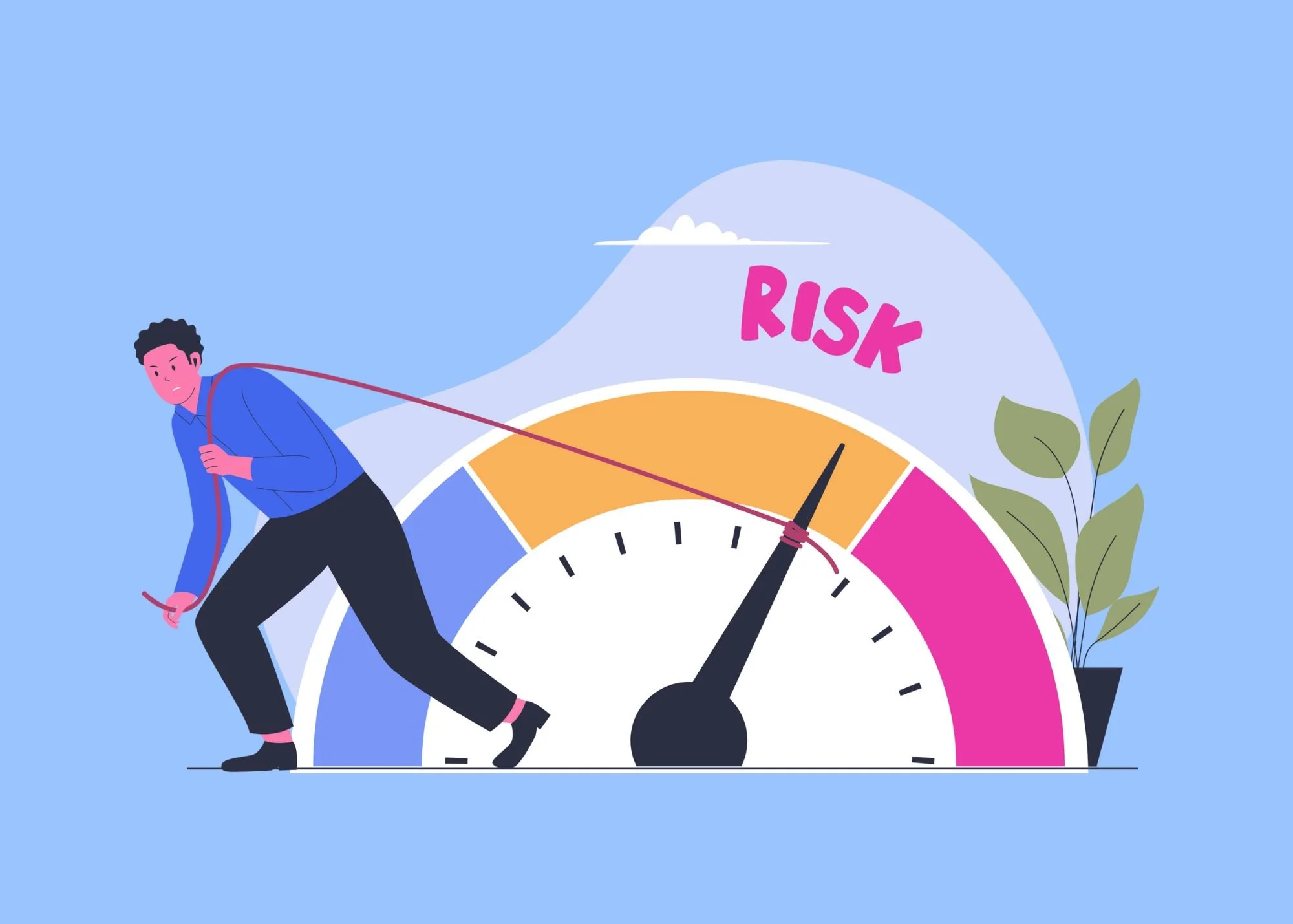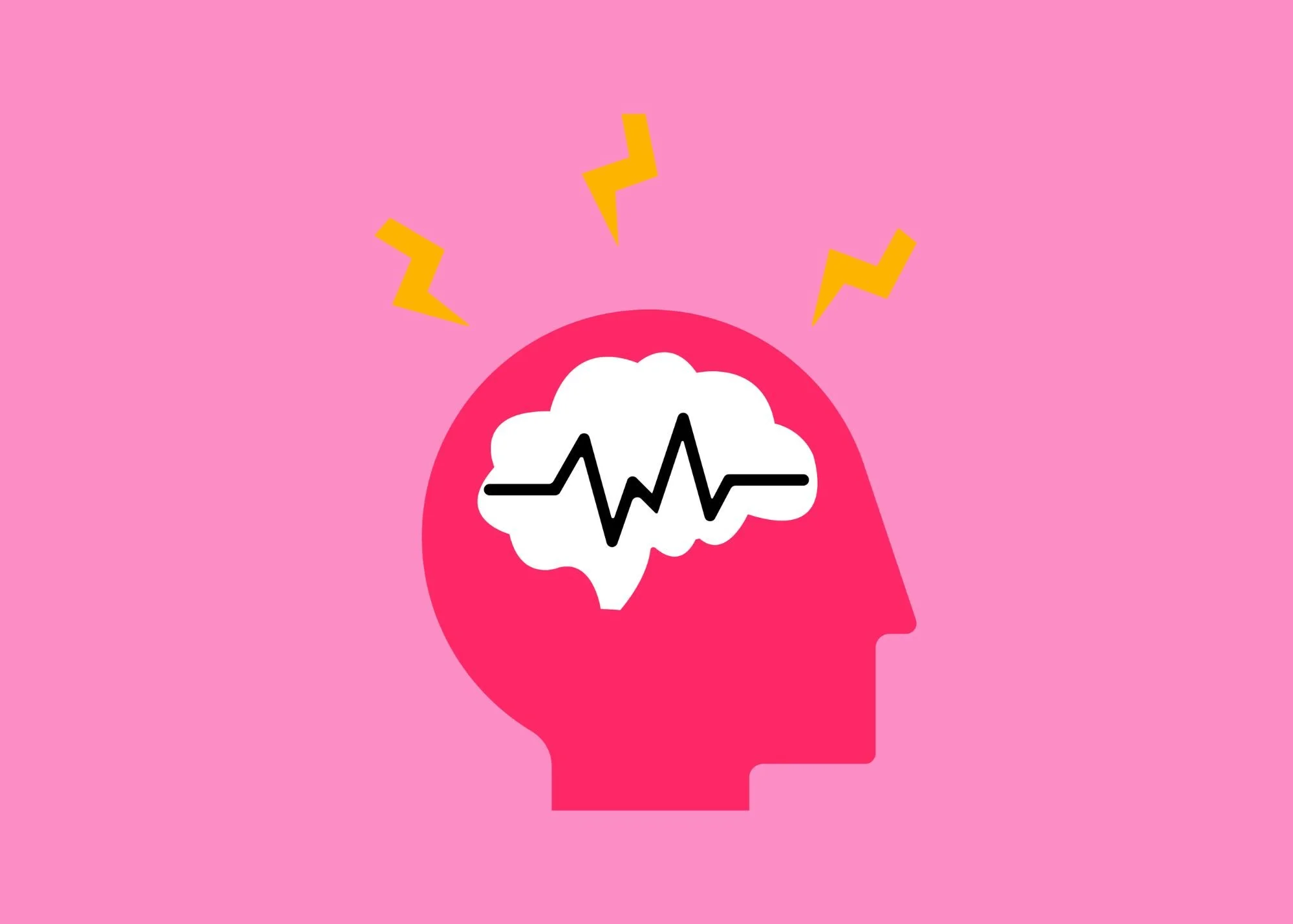Why Emotional Regulation Is Key to Thriving Under Pressure in High-Stress Work Environments
Emotional regulation is a competitive edge.
The modern professional landscape is a pressure cooker, demanding constant adaptability, high performance, and resilience. It’s no longer about merely surviving fleeting moments of stress—it’s about thriving in a world where pressure is ever-present.
Picture yourself leading a mission-critical project, managing shifting market dynamics, or juggling an ambitious career alongside personal responsibilities. In each scenario, your ability to navigate emotional turbulence determines whether you falter or flourish. The secret weapon that sets top performers apart? Emotional regulation.
Without effective emotional regulation, chronic stress can hijack your nervous system, keeping you in a perpetual fight-or-flight state. This not only leads to burnout, anxiety, and mental fatigue but also weakens decision-making, productivity, and overall well-being. By mastering techniques such as breathwork, cognitive reframing, and mindfulness, professionals can lower cortisol levels, enhance emotional resilience, and maintain peak performance under pressure. Prioritizing emotional regulation isn’t just a soft skill—it’s a critical strategy for long-term success and burnout prevention.
What Is Emotional Regulation?
Emotional regulation refers to the ability to manage and respond to emotional experiences in a way that aligns with your goals and values. It’s not about suppressing or avoiding emotions—it’s about understanding them, processing them constructively, and leveraging them to fuel resilience and problem-solving. Emotional regulation encompasses skills like:
Self-awareness: Recognizing your emotional state in real-time.
Cognitive reappraisal: Reframing negative thoughts to reduce their intensity.
Impulse control: Pausing before reacting to emotional triggers.
Stress tolerance: Staying composed and clear-headed in challenging situations.
Think of emotional regulation as your internal thermostat. While external events may heat up or cool down your environment, your ability to self-regulate ensures you maintain an optimal emotional climate—neither overheating with frustration nor freezing under stress.
Why Emotional Regulation Matters
It Enhances Decision-Making
Stress often clouds judgment. Emotional regulation helps you step back, assess situations objectively, and make decisions based on logic and strategy rather than emotional reactivity.
This is particularly crucial in high-pressure scenarios where impulsive actions can have long-lasting consequences.
It Strengthens Relationships
In professional and personal contexts, relationships thrive on trust and effective communication.
Being emotionally regulated allows you to navigate conflicts calmly, respond to feedback without defensiveness, and lead with empathy—qualities that build rapport and credibility.
It Protects Mental and Physical Health
Chronic stress and unmanaged emotions take a toll on the body, contributing to burnout, anxiety, and even cardiovascular issues.
By regulating emotions, you mitigate the harmful effects of stress and create space for restorative practices that support long-term health.
It Fuels High Performance
Emotional regulation is the foundation of resilience—the capacity to adapt and excel in the face of adversity.
Regulated individuals can harness their emotions to sustain focus, motivation, and energy, even under intense pressure.
Do You Know How to Manage Your Emotions?
Emotional regulation is a crucial skill, but how well do you actually manage your emotions? Ask yourself the following questions to evaluate your emotional regulation abilities:
Do I recognize my emotions as they arise, or do I often realize them only after reacting?
Can I stay calm and think clearly when faced with high-pressure situations?
Do I tend to react impulsively, or do I pause and consider my response?
How well do I handle criticism or negative feedback?
Do I have strategies to manage stress, frustration, or anxiety?
Can I shift my perspective when faced with setbacks, or do I get stuck in negativity?
Do I use healthy coping mechanisms, or do I rely on avoidance behaviors like overeating, excessive drinking, or procrastination?
Am I able to communicate my emotions effectively without escalating conflicts?
If you struggle with many of these areas, focusing on evidence-based emotional regulation techniques can help you build resilience and manage stress more effectively.
What Does Emotional Regulation Look Like in Action?
Consider a leader preparing for a critical presentation to investors. Unexpectedly, a team member raises concerns about a key data point moments before the meeting. An emotionally unregulated response might involve snapping at the team member, spiraling into panic, or entering the meeting visibly flustered.
In contrast, an emotionally regulated leader would:
Take a deep breath to ground themselves.
Acknowledge the team member’s concern without immediate judgment.
Quickly assess the situation, deciding whether to address the issue now or note it for follow-up.
Enter the presentation with a composed demeanor, focusing on delivering the message effectively.
This regulated approach not only preserves the leader’s credibility but also models a calm, solution-oriented mindset for the team.
How to Cultivate Emotional Regulation
Developing emotional regulation is a practice—one that requires intention and consistency. Here are strategies to get started:
Build Emotional Awareness: Spend time identifying and labeling your emotions. Journaling, mindfulness practices, or even setting regular "check-in" reminders can help you tune into your emotional state throughout the day.
Practice Mindfulness and Breathing Techniques: Mindfulness reduces emotional reactivity by training you to observe thoughts and feelings without becoming overwhelmed by them. Pairing mindfulness with slow, intentional breathing activates your parasympathetic nervous system, promoting calm and focus.
Reframe Negative Thoughts: When faced with challenges, practice cognitive reappraisal by asking yourself: “What is another way to view this situation?” Shifting your perspective can reduce the emotional intensity of stressors and open up new solutions.
Develop a Stress-Management Toolkit: Regular exercise, quality sleep, nourishing nutrition, and strong social connections all contribute to your capacity to regulate emotions. Think of these practices as the foundational supports for emotional resilience.
Seek Feedback and Coaching: Sometimes, external perspectives can reveal blind spots in your emotional habits. A trusted mentor, coach, or therapist can help you identify patterns and develop strategies for more effective regulation.
Evidence-Based Emotional Regulation Techniques
To improve emotional regulation, consider incorporating these scientifically backed techniques into your daily routine:
1. Diaphragmatic Breathing (Deep Breathing)
Activates the parasympathetic nervous system, reducing stress and promoting calmness.
Try the 4-7-8 technique: Inhale for 4 seconds, hold for 7 seconds, exhale for 8 seconds.
2. Cognitive Reframing
Helps shift perspective by challenging negative thought patterns.
Example: Instead of thinking, "I’m terrible at presentations," reframe it as, "I am improving my presentation skills with practice."
3. Progressive Muscle Relaxation (PMR)
Reduces physical tension linked to stress by systematically tensing and relaxing muscle groups.
Helps release pent-up emotions stored in the body.
4. Grounding Techniques
Useful for reducing anxiety and staying present.
Try the 5-4-3-2-1 method: Identify 5 things you see, 4 you feel, 3 you hear, 2 you smell, and 1 you taste.
5. Journaling for Emotional Processing
Writing about emotions can help process them more effectively and reduce their intensity.
Use prompts like "What triggered this emotion?" and "What’s the most constructive way to respond?"
6. Mindfulness and Meditation
Enhances awareness of emotions without over-identifying with them.
A simple practice: Sit quietly, focus on your breath, and observe thoughts without judgment.
7. Cold Exposure (e.g., Splashing Cold Water on Your Face)
Activates the mammalian dive reflex, quickly reducing stress and emotional overwhelm.
Useful in moments of high emotional intensity to regain control.
Your Ability to Emotionally Regulate Impacts Well-Being, Income, and Socioeconomic Status
Emotional regulation is more than just a tool for stress management—it’s a critical factor in personal and professional success. Research shows that individuals with high emotional regulation skills tend to have greater well-being, higher incomes, and improved socioeconomic status. Here’s why:
Improved Decision-Making and Problem-Solving
When emotions are managed effectively, individuals make clearer, more rational decisions, leading to better career and financial outcomes.
Higher Earning Potential
Studies suggest that emotional intelligence—including regulation—correlates with higher salaries. Those who manage emotions well are better at negotiation, leadership, and workplace relationships, all of which contribute to financial success.
Stronger Professional Relationships
Regulated individuals communicate more effectively, handle workplace conflicts with maturity, and create positive work environments. This often leads to promotions, leadership roles, and career growth.
Resilience in High-Stress Professions
High achievers in demanding industries (finance, healthcare, tech, law, etc.) thrive under pressure because they can regulate their emotions, stay focused, and maintain composure in difficult situations.
Better Mental and Physical Health
Chronic stress due to poor emotional regulation leads to burnout, anxiety, and even physical health problems like hypertension and heart disease. Regulated individuals maintain lower stress levels and prioritize self-care, improving longevity and life satisfaction.
Stronger Social Mobility
Emotional regulation influences perseverance, adaptability, and interpersonal skills—all of which contribute to upward mobility. Those who can manage setbacks and persist despite challenges are more likely to achieve financial and career success.
Final Thoughts
Emotional regulation is a competitive edge; it’s the skill that transforms pressure from a force that breaks you into a force that propels you forward. By cultivating emotional regulation, you not only enhance your ability to lead, innovate, and perform—you also safeguard your health, relationships, and long-term fulfillment.
For those facing chronic stress and burnout, emotional regulation isn’t a luxury—it’s a necessity. The good news? It’s a skill anyone can build with practice and commitment. Start small, stay consistent, and watch as this game-changing capability reshapes how you navigate pressure and unlock your full potential.
Need Help? Your job shouldn’t require sacrificing your nervous system.
If you’re constantly on edge, exhausted, or dreading Mondays, that’s not just work—it’s a slow crash.
🎯 Let’s talk strategy. In 20 minutes, I’ll help you identify what’s actually burning you out and how to reclaim control.
→ Book your free consult
Article References
The sources cited in the article:
Positive Psychology (PP). "Emotional Regulation: 5 Evidence-Based Regulation Techniques." PP - Emotional Regulation
PsychCentral (PC). “Emotional Regulation Skills: Do You Know How To Manage Your Emotions?” PC - Emotional Regulation Skills
Harvard Health. “Self-regulation for Adults: Strategies For Getting a Handle on Emotions.” Harvard Health - Self regulation for adults
National Institutes of Health (NIH). "The Ability to Regulate Emotions is Associated with Greater Wellbeing." NIH - Regulate Emotions
Forbes. “Regulating Emotions at Work: The Underlying Strength of Effective Leaders.” Forbes - Regulating Emotions at Work






